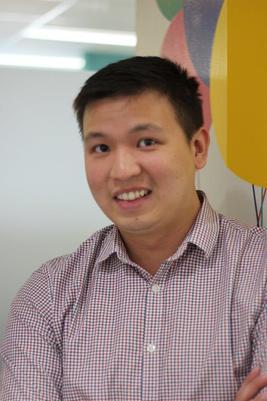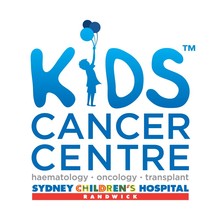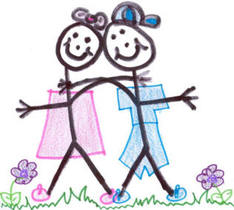What is your current role?
I am currently working as a research officer at the Behavioural Science Unit. So far, I have been primarily involved in a project examining the psychosocial consequences of genetic testing and personalised medicine. In this project, I am working closely with Professor Claire Wakefield, Dr Janine Vetsch as well as other members of the Ethics and Genetics research team.
What are the ‘best’ parts of your current role?
While I have had a lot of exposure to quantitative research and worked on multiple large-scale longitudinal datasets, I have had limited exposure to qualitative research. My current role will allow me do things that I have not done before, such as conducting interviews with participants and analysing qualitative data. I am also keen to learn more about childhood cancer and the psychosocial issues childhood cancer survivors face.
Please describe your education and training.
I completed a Bachelor of Psychological Science (Hons I) at the University of Queensland (UQ). My Honours thesis investigated the effect of financial incentives on affective, motivational, and performance outcomes. After completing this degree, I worked closely with a team of organisational psychologists at the UQ Leadership and Change Management Centre. During this time, I worked on several research projects, including a project examining how features of open-plan offices (e.g., noise, privacy and temperature) influence job satisfaction and performance, and a project examining how employees deal with anger following unfair managerial treatment.
My second research role was at the UQ Centre of Research in Social Psychology. I had the opportunity to work with several social psychologists on a project that sought to examine the impact of media messages in influencing support for same-sex marriage. I then completed a Masters by Research in Psychology at UQ in 2016. In my Masters thesis, I was interested in the role of intergroup contact (i.e., interactions between members of different social groups) in promoting a peaceful and harmonious society. I was also interested in why prejudice persists in multicultural societies.
What are the most challenging parts of your current role?
Conducting interviews with bereaved parents would have to be the most challenging but rewarding aspect of my current role. The Ethics and Genetics teamis providing me with extensive interview training so that I have the confidence to perform this important task.
Where do you see yourself in five years’ time?
It has always been my dream to become an academic. As such, I would like to start a PhD at some point in the next five years.
What advice would you have for someone wanting to follow a similar path in terms of their study/career?
Stay curious and be open to new experiences! I strongly believe that this enables you to grow as a researcher.
The Behavioural Sciences Unit is Proudly Supported by the Kids with Cancer Foundation.



 RSS Feed
RSS Feed